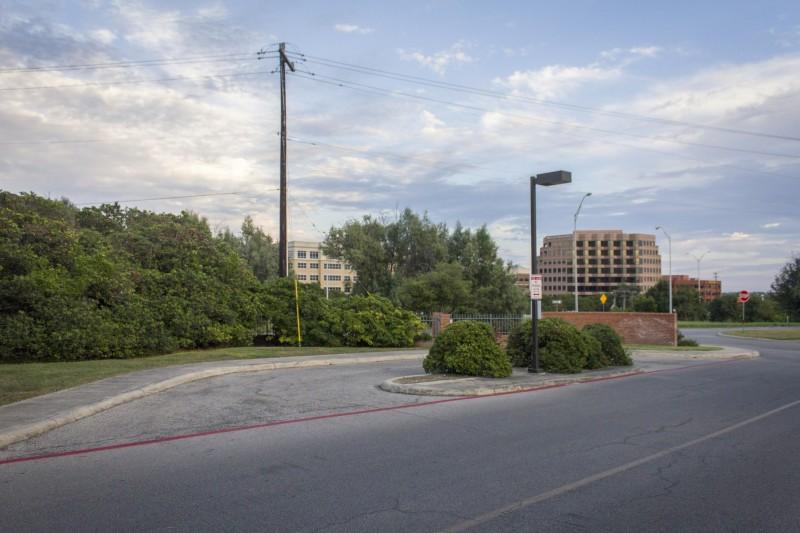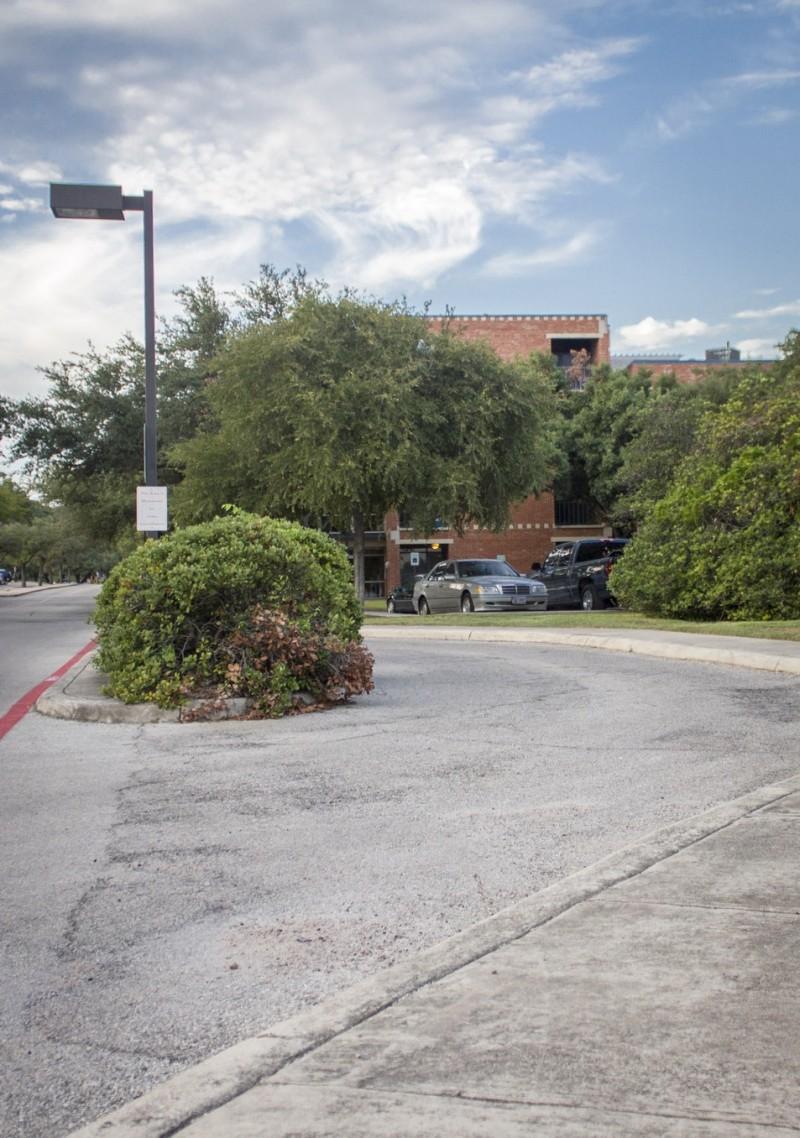In January 2015, Trinity will install 11 B-cycles on the south side of Verna McLean residence hall on lower campus. After a year of negotiation, the Student Government Association lowered the price from $65,000 to $20,000.
“It’s a product of a lot of hard work by a lot of good people,” said Evan Lewis, president of SGA. “It’s a good way not just for Trinity students to connect with the city of San Antonio by biking into San Antonio, but it makes us part of this citywide network.”
Many students are excited about the B-cycles.
“I think it signifies Trinity moving in a greener direction,” said Hayley Sayrs, social media chair and events coordinator of Students Organized for Sustainability. “I like the aspect of fitness and students being able to have a bike here and not necessarily worry about shipping it.”
Chris Williams, a bike rider on campus, agreed.
“It will be beneficial to students because they don’t have to outright purchase a bike or worry about locking it up,” Williams said.
Williams has found that bike-riding gives him a change in perspective.
“Being a bike rider, compared to driving a car, you tend to see things more””see more of the city. Things start to slow down and you start to notice things that weren’t there before as opposed to driving in a car. I think you just start to appreciate the city more if you ride a bike and see San Antonio for what it is,” Williams said.
To spread the word and fuel excitement among students, SGA plans to buy passes in bulk to hand out at their events.
“We’ll give [the passes] out at different events that SGA will host, either through a lottery or a first-come first-served basis,” Lewis said. “Then we hope to tie a certain number of weekly or day passes to those.”
Jamie Thompson, director of campus and community involvement, sees B-cycle as a part of a larger movement towards student involvement off campus.
“We’re so close to some really special places in San Antonio. There’s really good food or museums or things like that, that on foot might seem a little tedious, but on bike all of a sudden become really accessible,” Thompson said. “I think it aligns with what the university is doing and suggesting and hoping for students to be involved and engaged with the city. I think it also aligns with San Antonio’s vision through the SA2020 project.” Thompson said.
According to James Vaughn, urban studies lecturer, B-cycle reflects and fuels a change in attitude towards transportation itself.
“The automobile is proving to be kind of a problem,” Vaughn said. “When you have everybody using it and then you build your cities and your neighborhoods to where the only way to get around is by automobile, you’ve really got a problem. So we’re kind of rethinking that now.”
As Vaughn sees it, the bicycle is a potential answer to that problem.
“More and more people want bicycle trails and the ability to ride a bike to work,” Vaughn said. “I think the good thing about [B-cycle] is that it gets the idea of riding a bicycle for something other than just pleasure in people’s minds. So when they graduate or look for jobs they may think about living close to where they work because they enjoyed the bicycling alternative.”
With over 50 stations in downtown San Antonio, and across town, B-cycle is one of the United States’ first large-scale municipal bike sharing systems. Users have a variety of options when checking out a bike, from a 24-hour option to the regular 30 minute intervals; when done with the bike, users can return it to any B-cycle station around town.








